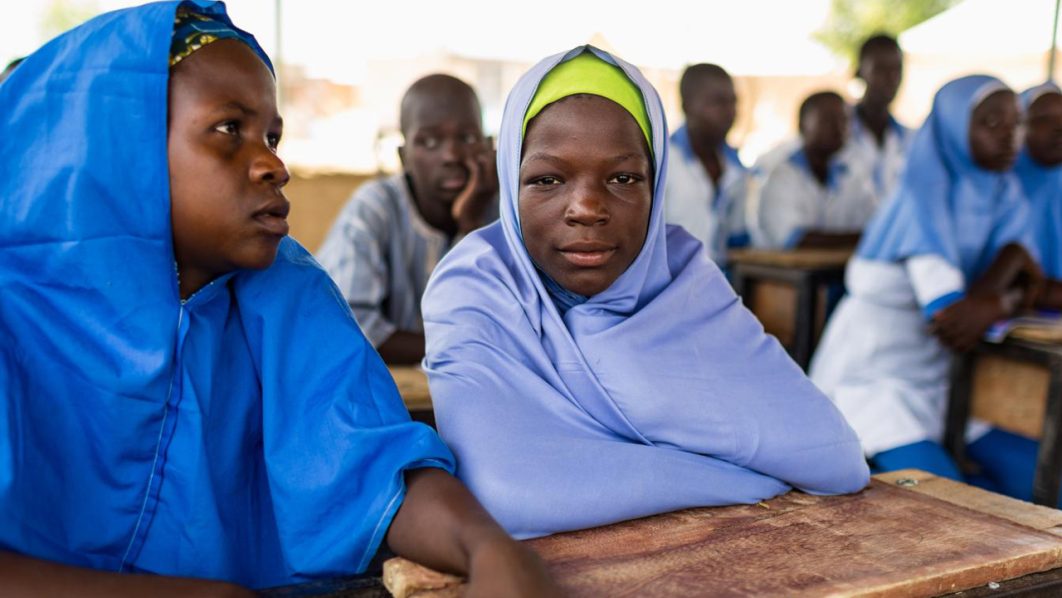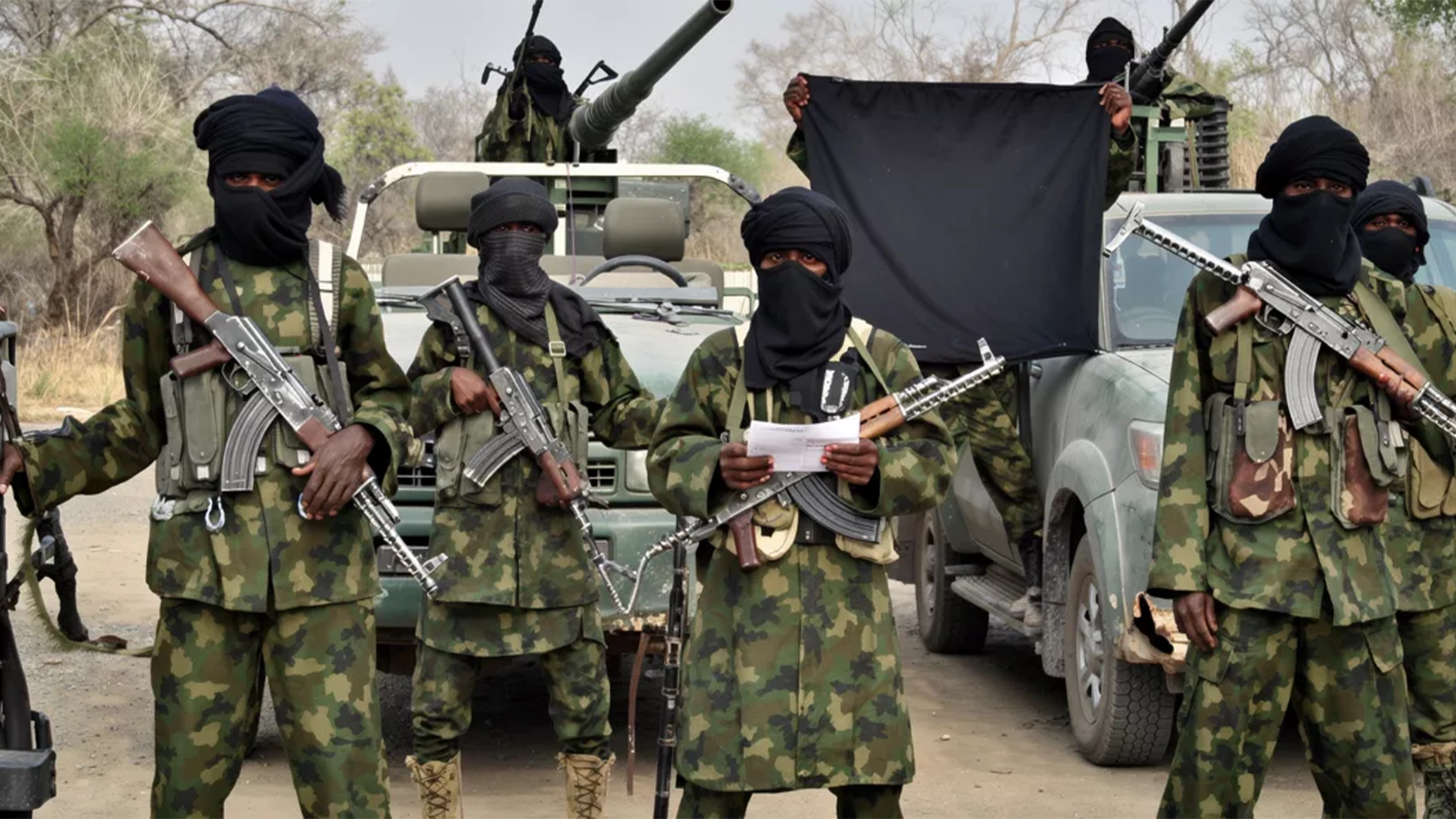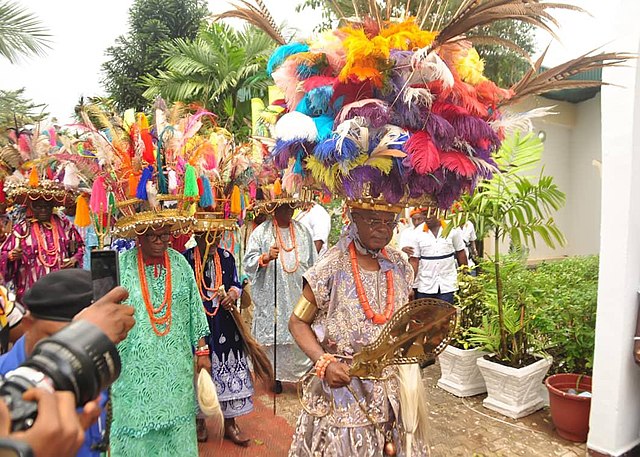
The National Commission for Mass Literacy, Adult, and Non-Formal Education (NMEC) has called on Civil Society Organisations (CSOs) and Non-Governmental Organisations (NGOs) to intensify efforts in advocating for the education of the girl-child in Nigeria.
It revealed that out of approximately 30 million out-of-school children in the country, nearly 70 per cent are girls, a situation that poses a serious threat to national development.
The call was made during a community awareness advocacy programme in Lagos, to address the alarming rate of out-of-school girls in the country. In his welcome address, the Executive Secretary of NMEC, Prof. Akpama Simon, who was represented by Mutiu Adenola, said that the event, which hosted over 50 CSOs and NGOs in Lagos State, emphasised the critical need for early education for girls, and the urgent intervention o curb the rising dropout rates.
Simon stated: “This is a major issue that must be addressed. If left unchecked, it could have severe consequences for the nation’s growth. The government recognises that educating the girl child is key to building a better future, and as the saying goes, when you educate a girl child, you educate a nation.”
He highlighted the various socio-economic barriers preventing girls from accessing education, including early marriage, child labour, and cultural beliefs that prioritise domestic responsibilities over schooling.
Simon explained that to combat the challenges, the commission had organised advocacy programmes across the nation’s six geopolitical zones, starting from Kebbi in the North-West, Yola in the North-East, Abuja in the North-Central, Owerri in the South-East, Lagos in the South-West, with plans to extend to Calabar for the South-South region in the coming week. He stressed the important role of NGOs in sustaining the campaign beyond government efforts.
“NGOs and CSOs are close to the grassroots. As we move on to other regions, we are handing over the advocacy to them, ensuring they take the message to communities where resistance to girls’ education is high.
“Parents need to understand that their daughters can be future senators, ministers, governors, and even First Ladies if given the opportunity to be educated,” he said. Simon urged NGOs to continue raising awareness, engaging local communities, and challenging societal norms that hinder female education.
“Education is a right, not a privilege. Our girls are golden to us, and their education must be a priority,” he explained. A facilitator, Mobolaji Fanimope, said the programme marks another milestone in NMEC’s national campaign to address gender disparities in education, reaffirming the government’s commitment to ensuring that every girl child has access to quality learning opportunities.
Commission canvasses improved education rights for girls

Primary School girls in Northern Nigeria
Primary School girls in Northern Nigeria





